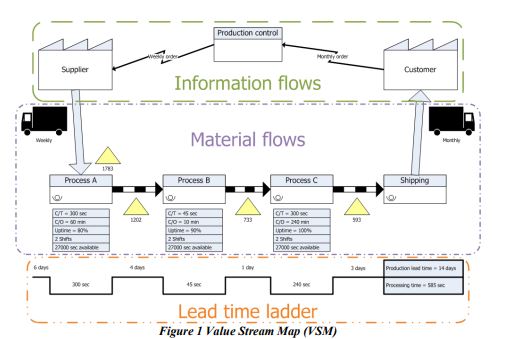| EngD trainee | Wouter van Groesen |
| Project | Industrial Renovations |
| University supervisor | dr. Pieter Pauwels |
| Company supervisor | ir. Hugo van Boxmeer |
| Name of company | Volker Wessels |
| Period of project | September 2020 – August 2022 |

Introduction
Newly developed process to enable large scale mass-customized renovations Currently, we are constantly faced with news about gas shortages, increasing prices and the need to upgrade our houses. The renovation of 920.000 row houses addresses these problems and helps to meet the goals in the Paris Climate Agreement. However, the current number of completed renovations are simply lacking and too expensive. This is partially due to the constant confrontation of the construction industry with challenges such as chronic labor shortages, price fluctuations, a low degree of product standardization and the execution of predominantly manual processes. To achieve a significant increase of renovation capacity, industrial processes need to be designed and implemented. Therefore, we focused on the development of such processes to enable the feasible renovation of the Dutch housing stock before 2050. In our research, a comprehensive assessment framework which enables the construction industry to align its products, process and value chain strategies is developed. Next, a map of current renovation operations is created and an alternative which includes industrial process is presented. Within this map, housing stock data is acquired, stored and used to create homogeneous clusters of similar row houses. These clusters are matched with standardized renovation concepts on a digital platform, from which data is extracted to develop accurate quotes and to automatically produce components in industrial facilities. These components are distributed by means of a hub-and-spoke network, after which assembly is executed by quick response assembly teams in a matter of days. Interactive computer simulations confirmed that a radical shift towards the proposed landscape enables the feasible renovations of Dutch row houses if certain prerequisites such as predictable demand are met. To support a transformation towards this landscape, an interactive navigator is developed enabling manufacturers to structurally construct industrial business cases aiding them in their transformation towards mass-customization. The value of the navigator is demonstrated by the development of implantable renovation business cases for a large manufacturer of roof products. Therefore, the presented research does not exclusively contain the design of a desired landscape, but also provides the means to transform towards it. This project provides more insight into the current challenges on the renovation market faced by suppliers. Furthermore, it contributes to the achievement of a radical landscape transformation which is required to enable the feasible renovation of the Dutch housing stock by 2050.
